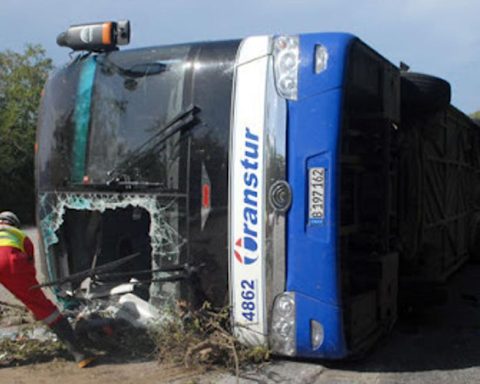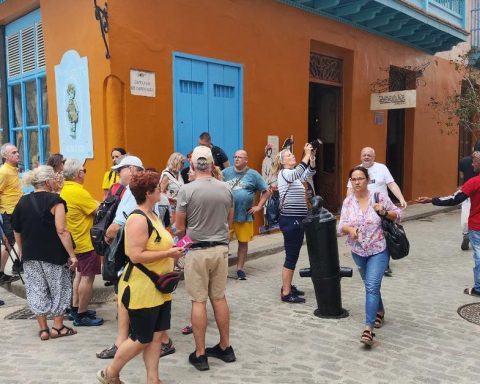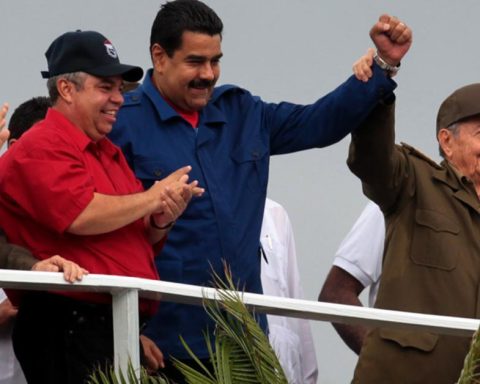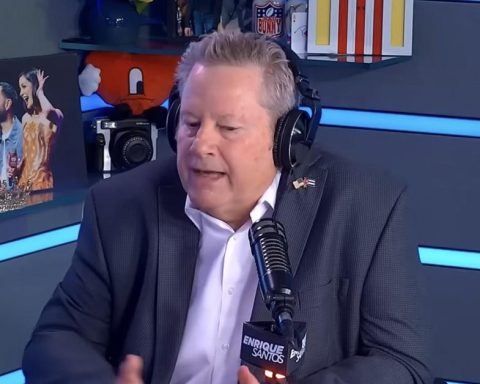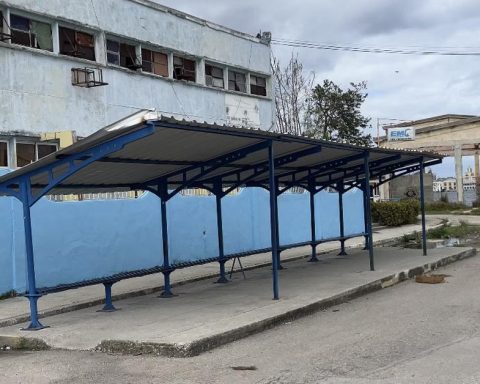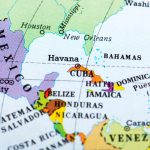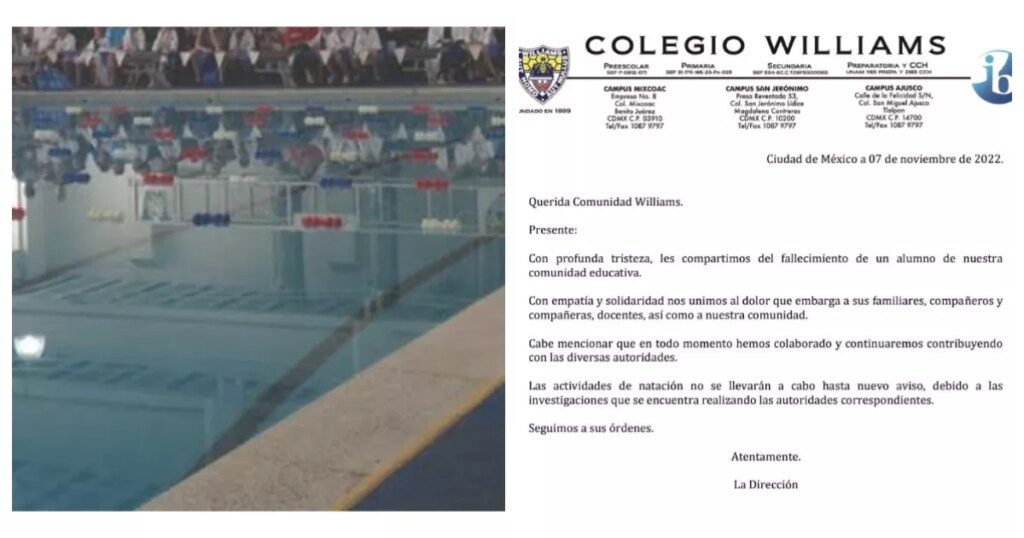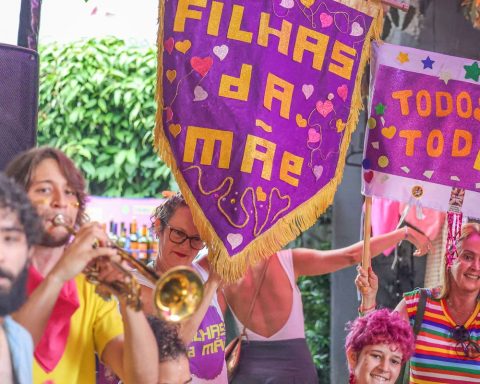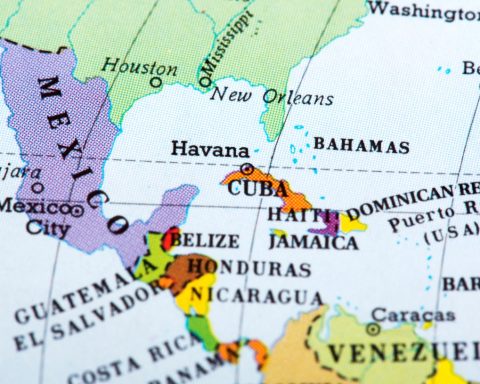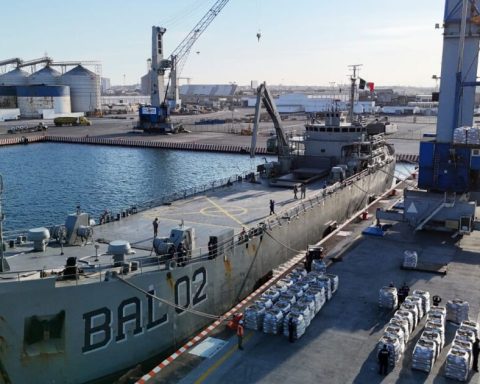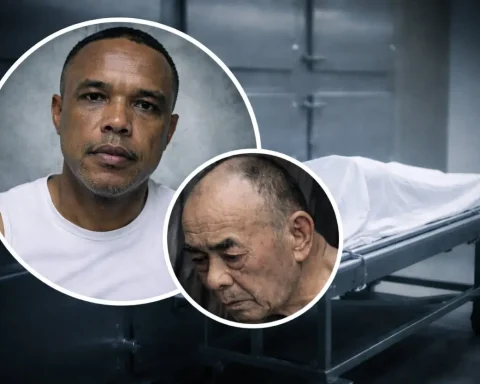Cuban journalist Jorge Enrique Rodríguez was arrested on Monday and taken to the Marianao police unit in Havana. After being held incommunicado for more than four hours, he denounced in Cuban newspaper, the medium for which he works as a reporter, that he had been forcibly transferred after an episode of police harassment in his own home.
In a direct broadcast, after being released, Rodríguez recounted his fight with a uniformed man who tried to hit him. Leaving his house, he was questioned by a State Security agent who asked him to “accompany” him. The reporter demanded that any summons made against him would have to be through an official warrant.
He recalled that, whenever he was called by the police in the past, he went willingly. “I can’t help you,” Rodríguez alleged, to which the officer countered that the patrol was waiting for him. “I could have chosen to stay at home,” said the reporter, but he decided to leave. “I’m a street person, I can’t afford to stay locked up.”
In plain language, Rodríguez explained that his behavior has been that of an exemplary citizen, but that he cannot “turn his back on problems.” “I live in a corridor where there are only two families,” he observed, and in that corridor, which the journalist considers “private property,” two officers tried to detain him.
Rodríguez described himself as “very uncomfortable when it comes to blows”, and admitted that he would not tolerate that type of violence in his own home
“I squeezed him,” Rodríguez said, referring to his defense against the uniformed man who attacked him, a young man who was not more than thirty years old, he said. “That they accuse me of resistance, as they are going to accuse me. That is their problem.”
The journalist described his fight with the troops. One of them was “lifted by weight”, grabbing him by his shirt, while trying to attack him from behind. Rodríguez described himself as “very uncomfortable when it came to blows,” and admitted that he would not tolerate that type of violence in his own home.
He assured that one of the officers planned to set him “an ambush” as soon as he went out into the street, since he blurted out that “his face had been recorded.” He warned that this Tuesday he would go out into the street and that he “wanted to see” what the police action would be. Irritated, he added that his response against agents who attacked him in the future would be similar.
No one else intervened in the confrontation, Rodríguez said, since in the other residences in the corridor there were only women and older people. “For the first time in my life, I boast of having beaten a man,” he settled, “I’m not intimidated by anyone’s presence.”
“I’m tired of crying helplessly every day,” he commented, referring to the thirty femicides committed in Cuba this year and the trial of troubadour Fernando Bécquer, who continuously mocks his house arresta sentence he is serving for crimes of sexual harassment, while he is intended to be kept at home.
“My way of being led me to publish my poetry books and become an art professional,” he said.
He also indicated that, from now on, State Security will have to formalize their summons and that the content of these interrogations would be publicly denounced. He added that he did not mean for his words to be interpreted as violent, but that he had to face the difficulties of his work both on social media and in everyday life.
“My way of being led me to publish my poetry books and become an art professional,” he said. “It led me to be a successful civil servant, when I worked for the State. And today I am a successful journalist.” The intellectual and artistic trajectory of those opponents whom the government discredits is never publicly recognized, Rodríguez lamented, and they are always presented as “delinquents.”
Rodríguez, who has been repressed on several occasions by State Security, assured that exile is not an option for him and that he will continue his work on the island to Cuban newspaper.
________________________
Collaborate with our work:
The team of 14ymedio is committed to doing serious journalism that reflects the reality of deep Cuba. Thank you for joining us on this long road. We invite you to continue supporting us, but this time becoming a member of our newspaper. Together we can continue transforming journalism in Cuba.


